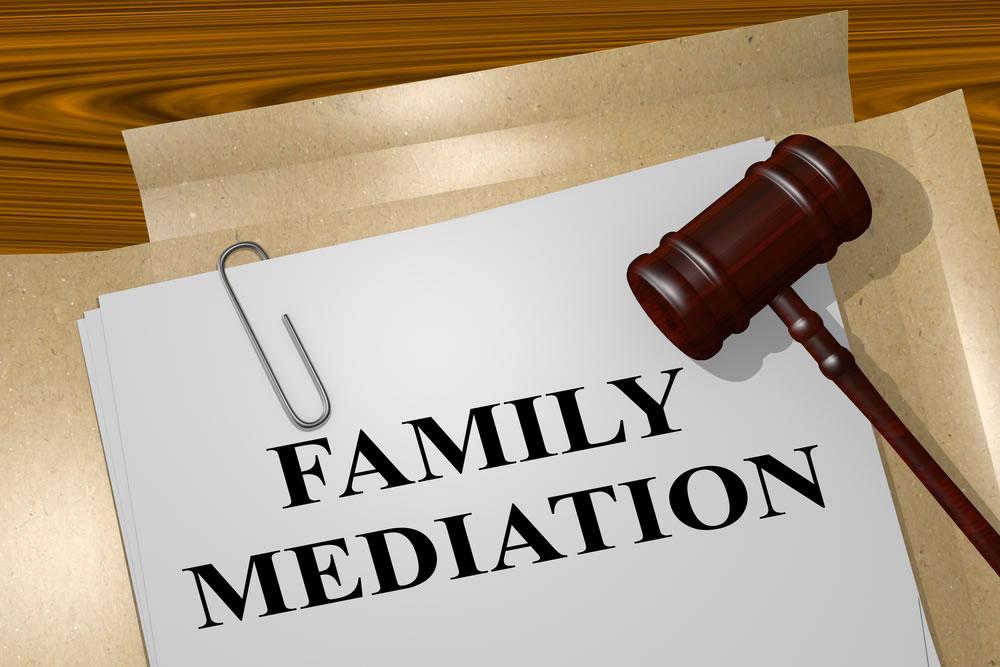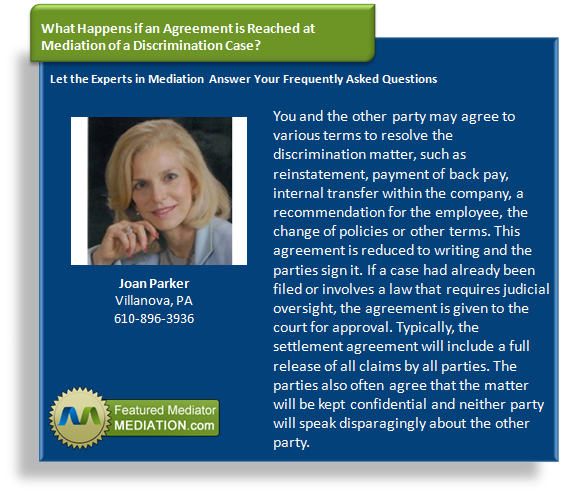
If you suspect abuse or neglect led to your loved one’s injuries, you may think that a prolonged lawsuit is the only way to seek justice for your loved one. You may even be apprehensive about pursuing another avenue for financial recovery. However, the civil legal system may not provide a timely response or the desired outcome, which is why many people ultimately turn to mediation to resolve these types of cases.
Mediation is an alternative dispute resolution method that allows the opposing sides of a legal problem to work on finding a resolution together. They are led by a neutral mediator to identify their mutual interests. The mediator is often someone with subject matter expertise who is knowledgeable about nursing home neglect and abuse cases, such as a former judge, lawyer or social worker. He or she can give the parties honest feedback about how similar cases were decided in court so that they have a more realistic idea about the outlook of their case. During private caucuses, the mediator may discuss the strengths and weaknesses of their claim, as well as identify the common goals each party has, such as avoiding negative publicity, keeping the matter private or avoiding the uncertainty of a trial.
Litigation is often stressful for families. Mediation may allow the nursing home patient to have more say in correcting the action. It may also be the only way the victim will receive an apology and feel that the nursing home has taken full accountability for the action.
Additionally, mediation often helps parties resolve the problem faster and usually without spending nearly as much money in legal fees.
While it may be difficult to see your interests aligned with the nursing homes, reputable businesses will want to ensure that they are taking care of their residents and addressing your concerns in a professional manner.










